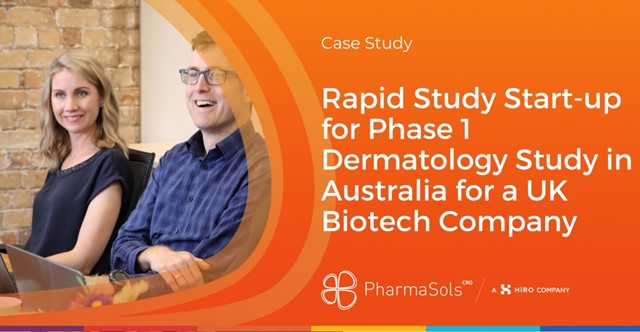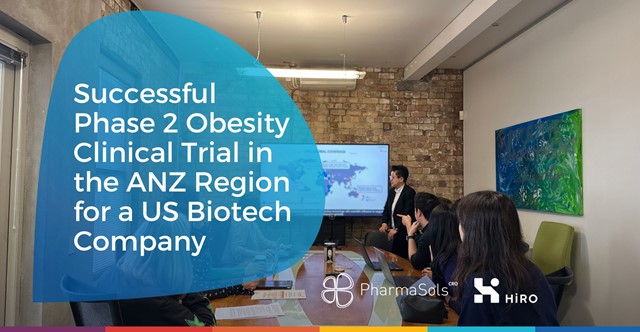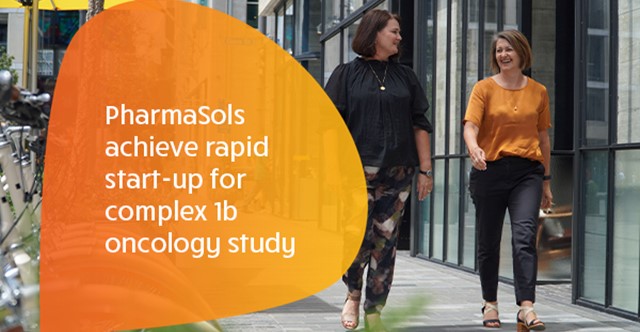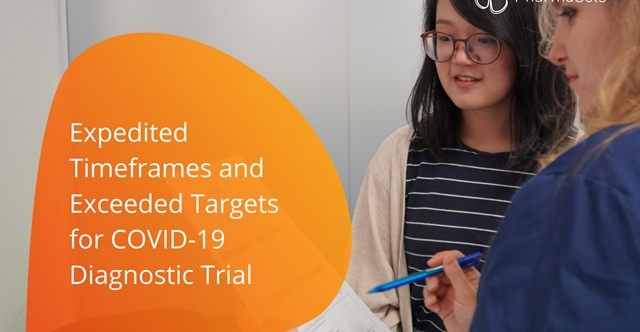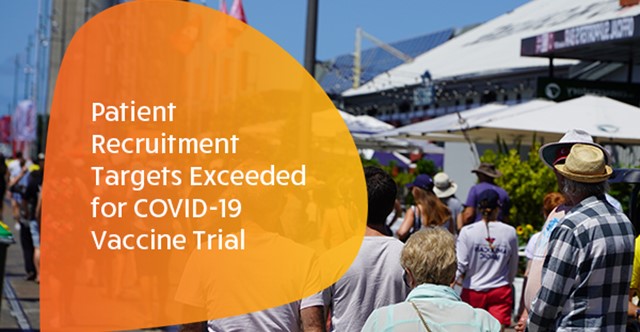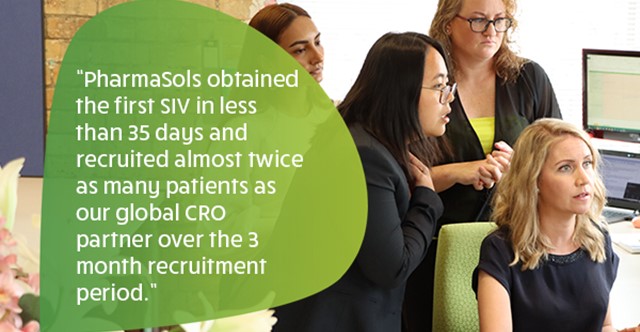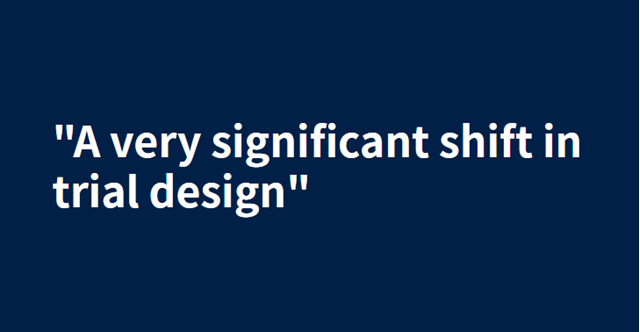13 AUGUST
Exceeding Site Identification Targets Across Three Recent Clinical Trial Studies

Overview
Site identification is the first and most critical deliverable from a CRO. Without an appropriate site, there is no patient recruitment, and without patients, there is no study.
PharmaSols has a proven ability to identify sites, even in challenging environments. While New Zealand and Australia have relatively low rates of transmission of COVID-19, our sites are still able to operate under all levels of lockdown as clinical trials have been classed as essential work. Additionally, sites can facilitate remote monitoring and telehealth capabilities due to the world-class research infrastructure and the uptake of technology.
In three recent studies, all of which were in the pre-award feasibility stage, we identified sites and confirmed capabilities and availability. Our expert team was tasked with identifying 18 sites across the three studies.
Challenges
Ophthalmology study
Typically it is challenging to recruit sites for this particular therapeutic class, as they are reluctant with early phase trials.
Target: 5, Approached: 35, Identified: 6
Oncology Study
As well as this being a highly popular and competitive therapeutic area, site recruitment has historically proved challenging with this study.
Target: 10, Approached: 40, Identified: 11
Oncology, Advanced NHL Tumours
Being a heavily saturated and competitive therapeutic area, identifying and recruiting willing sites was undoubtedly going to be difficult for this trial.
Target: 3, Approached: 36, Identified: 4
Outcome
Across these three studies, PharmaSols achieved a rate of 117% of the global sponsor site identification target.
We approached a total of 111 sites throughout Australia and New Zealand and identified 21 sites, a number that went beyond our original target.
We attribute this success to our dedication and core values. Our process is people-focused, which means we value relationships, collaboration, and always include our personal touch. Through our expert team and established relationships with sites, we can deliver results that ensure a rapid start-up of your study.
Other News
March 2024 (1)
February 2024 (1)
December 2023 (1)
November 2023 (1)
October 2023 (1)
September 2023 (2)
August 2023 (1)
July 2023 (1)
June 2023 (2)
May 2023 (3)
April 2023 (1)
March 2023 (2)
The Go-to region for clinical trials (1)
HiRO – our global advantage, tailored solutions and key partnerships (1) (1)
HiRO – an emerging full-service global CRO (1)
HiRO – Top CRO in APAC 2022 (1) (1)
November 2022 (1)
October 2022 (1)
September 2022 (1)
August 2022 (1)
July 2022 (1)
June 2022 (1)
May 2022 (1)
April 2022 (1)
March 2022 (1)
January 2022 (1)
December 2021 (1)
November 2021 (1)
October 2021 (2)
September 2021 (2)
August 2021 (3)
July 2021 (3)
June 2021 (2)
May 2021 (1)
April 2021 (2)
March 2021 (1)
February 2021 (1)
December 2020 (5)
November 2020 (1)
October 2020 (5)
September 2020 (1)
August 2020 (2)
May 2020 (5)
January 2024 (0)
